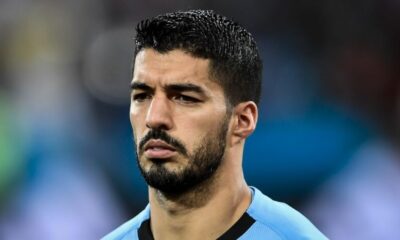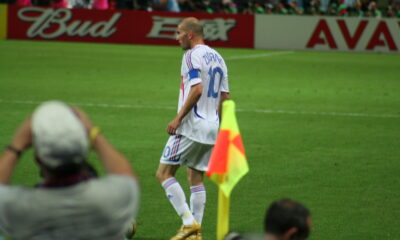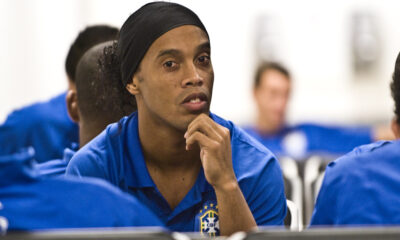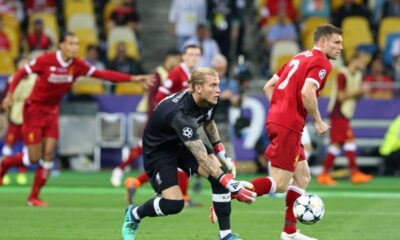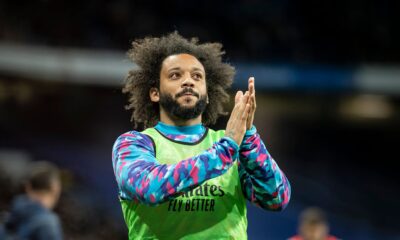Football
Memorable moments: Roberto Carlos defied the laws of physics to score one of the best direct kicks of all time
Roberto Carlos was a left-back with a totally unique kicking technique. His shots and especially his direct kicks terrified many a goalkeeper. His goal from a direct kick against France, when he defied the laws of physics, is legendary.
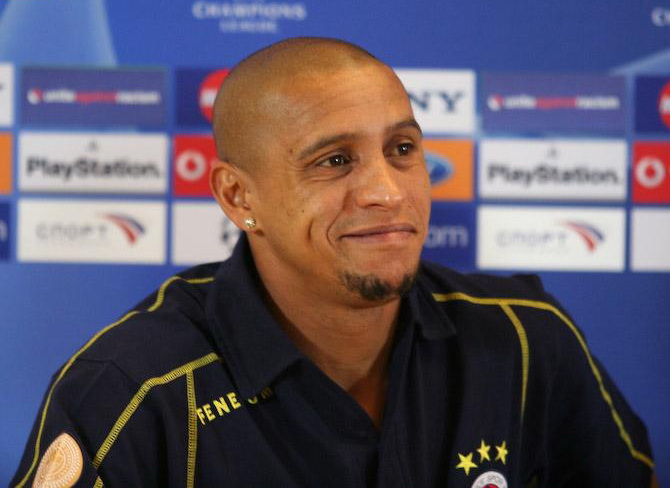
Roberto Carlos was a left-back with a totally unique kicking technique. His shots and especially his direct kicks terrified many a goalkeeper. His goal from a direct kick against France, when he defied the laws of physics, is legendary.
Memorable Moments is a special project by Ruiku that commemorates the most iconic moments that have happened in football. Today, we look back at Roberto Carlos’ goal.
3. in June 1997, Roberto Carlos stunned the world with one of the most amazing penalty kicks in football history. The legendary left-back scored the most famous goal of his career with a long-range direct kick for Brazil in a 1-1 draw with France in the opening match of the 1997 Tournoi de France, a preparatory tournament for the World Cup the following year.
Goalkeeper Fabien Barthez was quite confused by the shot, as the ball was visibly heading well wide of the goal. However, it then curled back, licked the left post and ended up in the net. Two decades later, Roberto Carlos says he is still amazed when he sees footage of his goal.
“To be honest, to this day, I don’t know how I did it,” he told ESPN Brasil television in 2017. “It was a beautiful goal. It required a lot of training and hard work throughout my career. But the hard work paid off because I was able to score such a beautiful goal, which was a special moment for me.”
When he scored his famous goal, the left-back was just at the beginning of his career. He was in his second season at Real Madrid and came to Spain after a brief stint at Inter Milan, who bought the young player from Brazilian champions Palmeiras for $8 million – big money in 1995.
Once and for the last time
In Madrid, he won one title after another and became an idol and a legend. To this day, he is an international ambassador for Los Blancos. While his star was rising in the Spanish capital, he became Brazil’s left-back at the 1998, 2002 and 2006 World Cups. In 2002 he won the South Korea/Japan title, and four years earlier he was runner-up in France.
Roberto Carlos played until 2015, when he retired after a brief stint in the Indian Super League with the Delhi Dynamos. In the 18 years that elapsed between his famous penalty kick against France and his retirement, the Brazilian never attempted to strike the ball in the same manner, knowing it was virtually impossible to replicate such perfection.
“I never tried to kick the ball like that again because I knew I would never score again,” he says with a laugh. “There are a lot of good kickers nowadays. It might take a while, but one day someone will score a goal like that. But I was the first.”
Robert Carlos’ goal defied the laws of physics and still amazes scientists today. When the famous free kick was taken, physicists around the world were baffled by the image. This goal became the catalyst for many studies and analyses on aerodynamics and the curvature of the ball that took place that day at the Stade de Gerland in Lyon.
One of the most famous studies was carried out by four French scientists – Guillaume Dupeux, Anne Le Goff, David Quere and Christophe Clanet – and published in the New Journal of Physics in September 2010. In this study, the physicists perform a series of experiments and analyses that result in an equation that explains the trajectory of the ball and all the forces that were acting at any given moment.
Source: ESPN, Twitter

